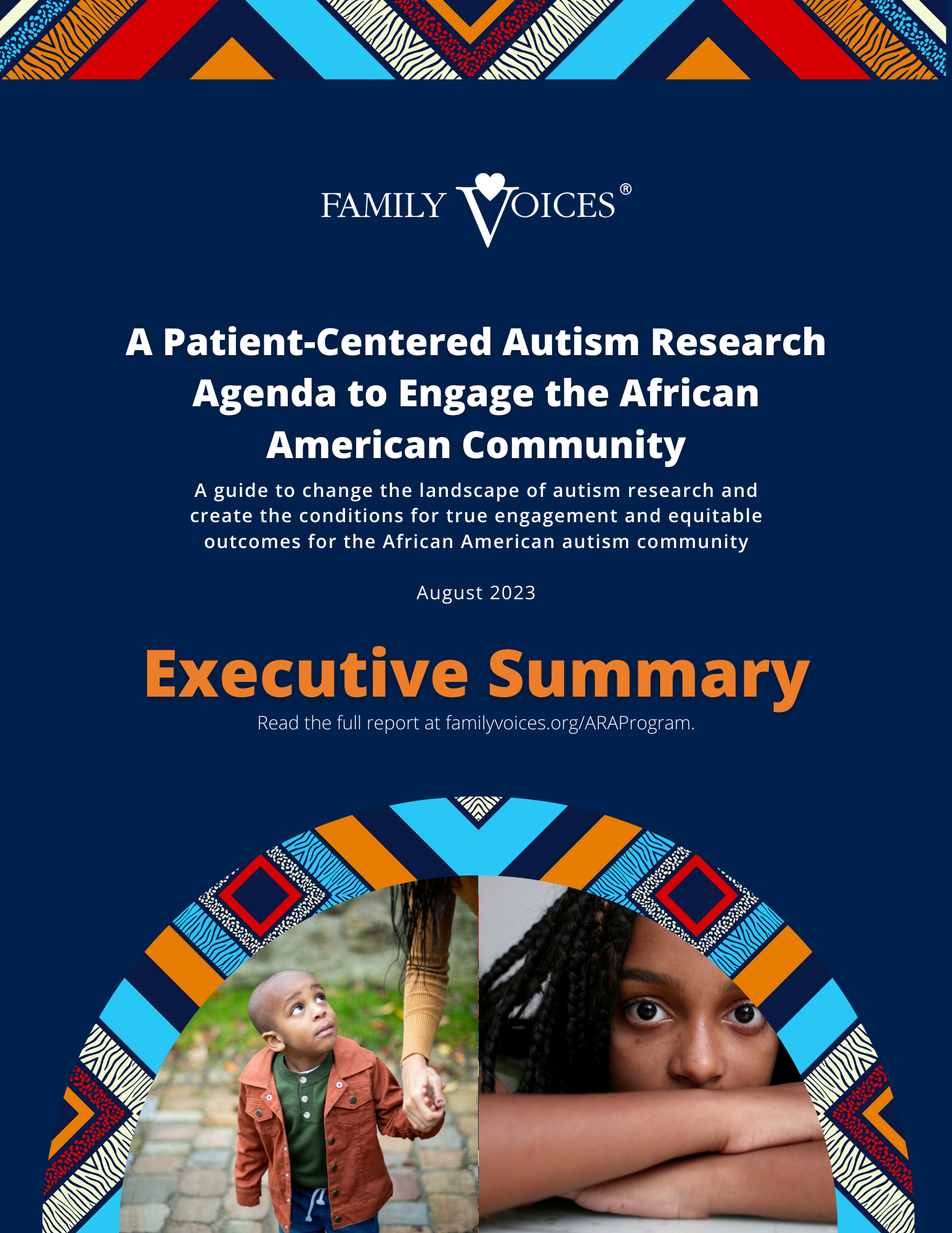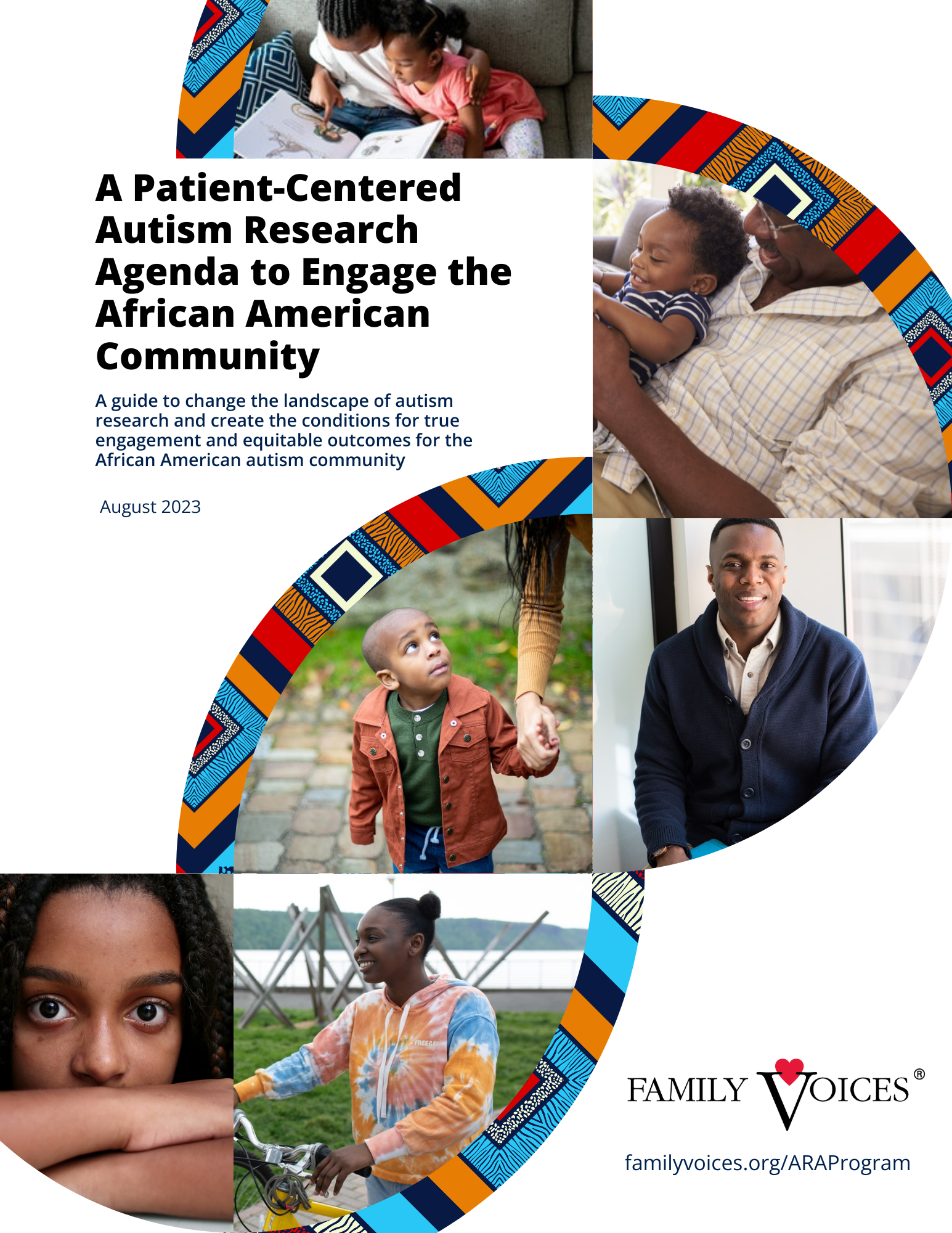
Community Autism Research Ambassador Program
Resources
A Patient-Centered Autism Research Agenda to Engage the African American Community
About Patient-centered Outcomes Research
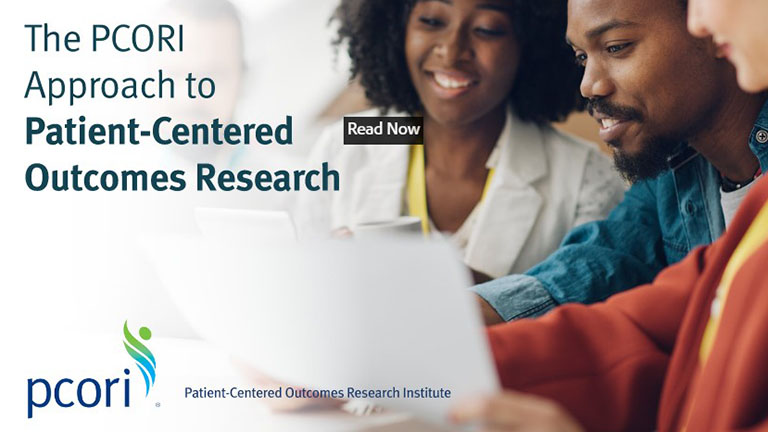
The PCORI Approach to Patient-Centered Outcomes Research

Engaging in Stakeholder Driven Research
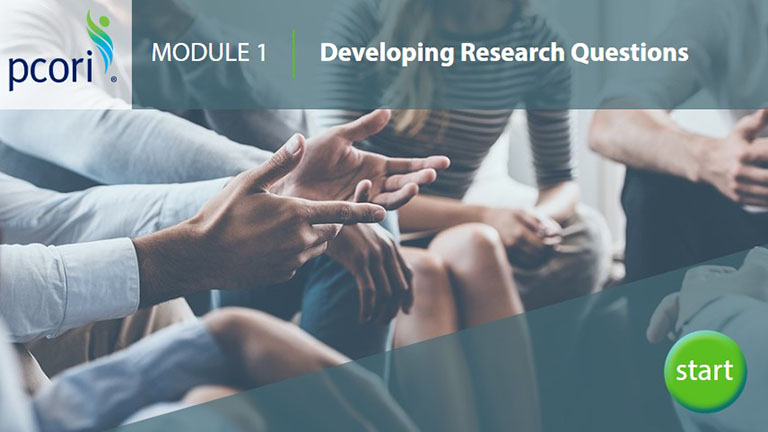
Developing Research Questions
Centers for Disease Control and Prevention’s “Learn the Signs. Act Early.” Program
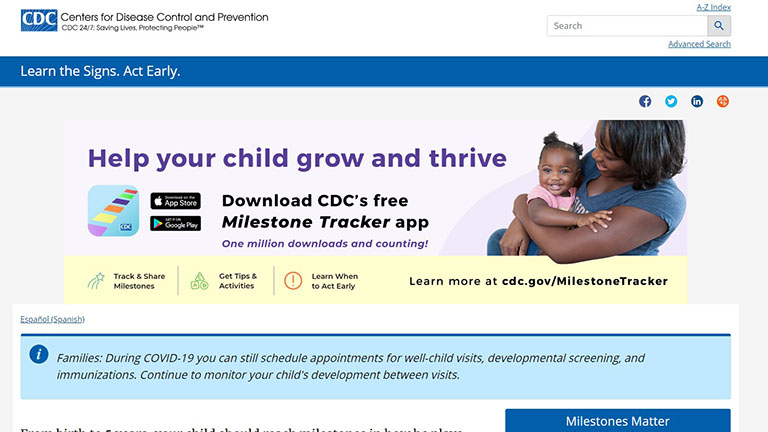
Centers for Disease Control and Prevention’s “Learn the Signs. Act Early.” Program
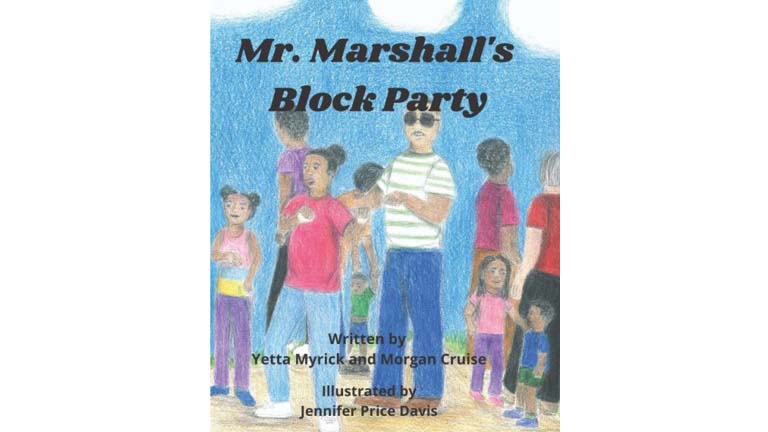
Mr. Marshall's Block Party
Self-care for self-advocates and caregivers (downloads)
What is self-care?
- Self-care is the act of caring for yourself.
- It is different for everyone.
- Self-care needs to be practiced every day.
- It is about doing less and moving away from your to-do list.
- To give more to your loved ones, you must first give to yourself.
Free Downloads
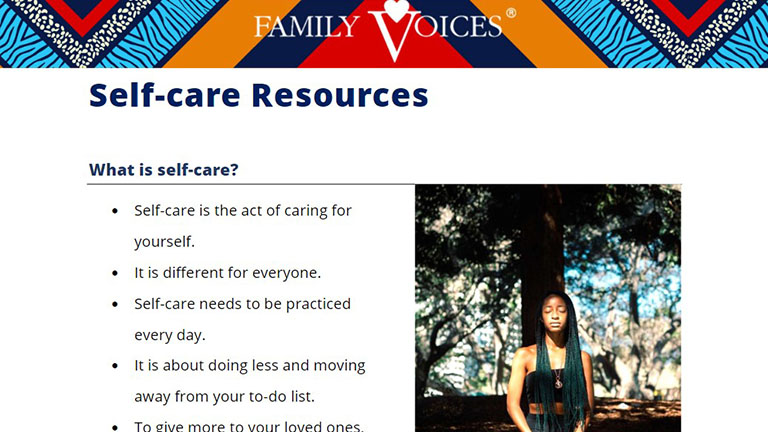
Self-care Tips to Get You Started
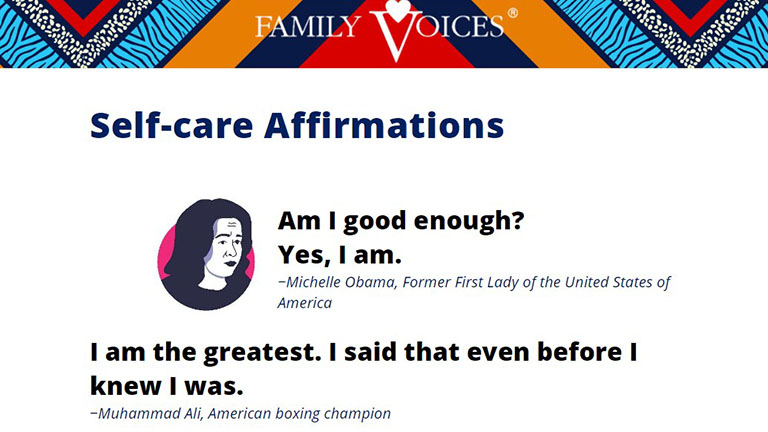
Self-care Affirmations
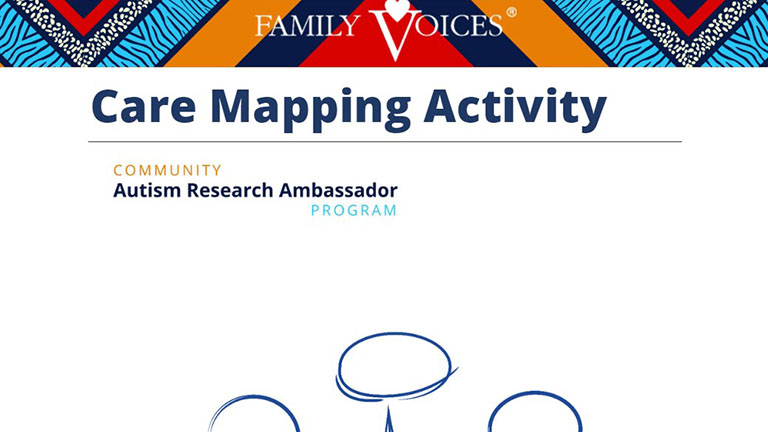
Care Mapping Activity
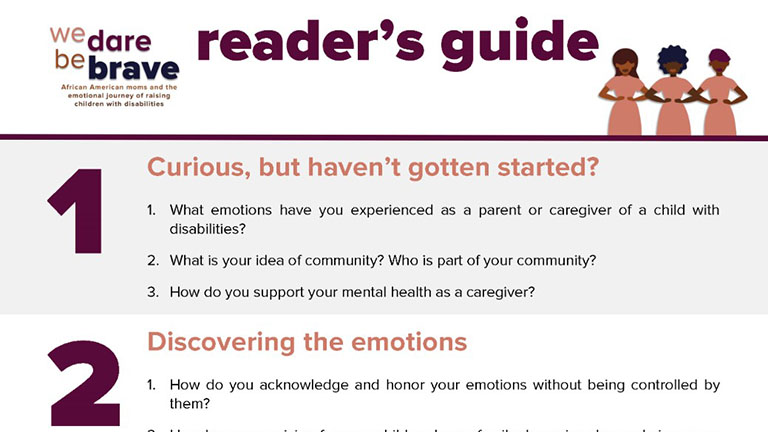
Reader’s Guide: We Dare Be Brave: African American moms and the emotional journey of raising children with disabilities
Autism Resources
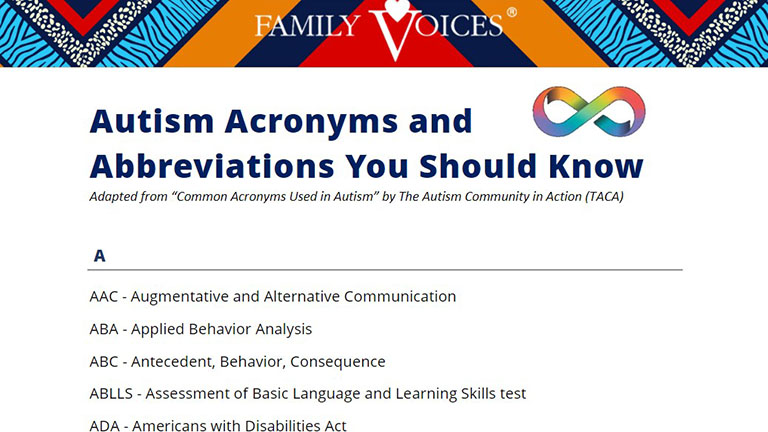
Autism Acronyms and Abbreviations You Should Know
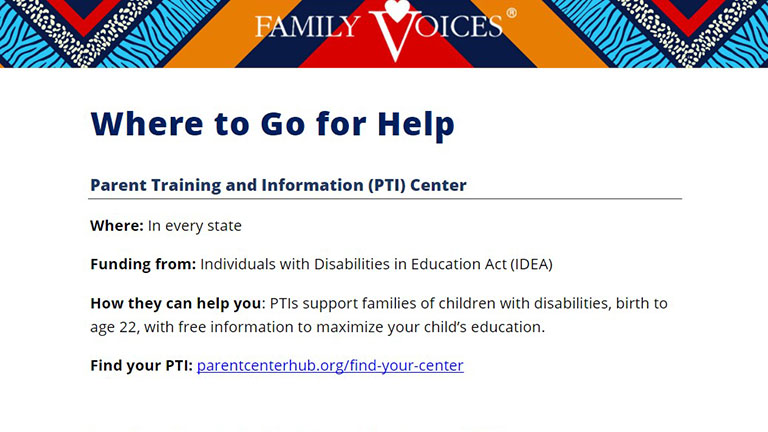
Where to Go for Help
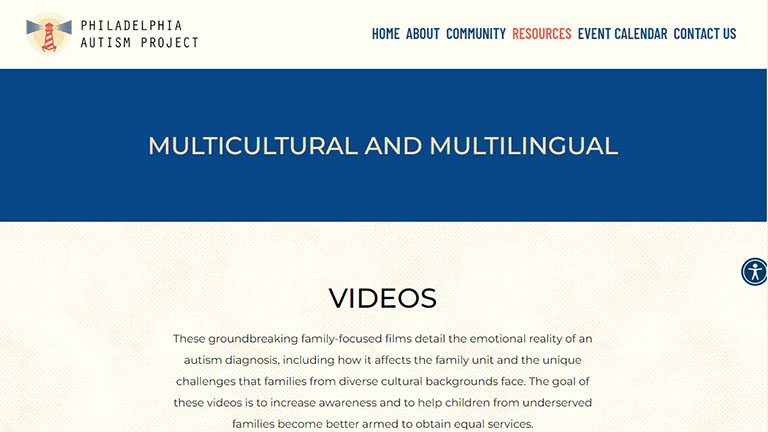
Videos about Autism for African American Families
This project was funded through a Patient-Centered Outcomes Research Institute (PCORI) Eugene Washington PCORI Engagement Award (EASC-IDD-00251). The views presented are solely the responsibility of the authors and do not necessarily represent the views of PCORI, its Board of Governors or Methodology Committee.

